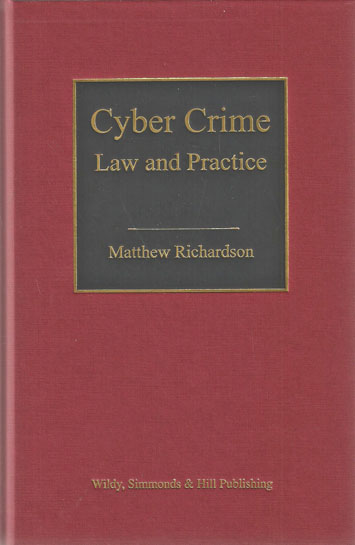
As computer technology has advanced – and along with it the development of the internet – the utility and benefits that they have brought with them have made them indispensible to modern society.
With the ever increasing reliance on such technology and its pervasiveness in personal and professional life, it was inevitable that it should come to be used in ways which society has decided are contrary to the public interest and therefore worthy of disapprobation and criminal sanction.
To this end, Parliament has found itself having to legislate in order to criminalise certain acts involving computer technology which did not exist prior to the development of the technology. On the other side of the law, the courts have found themselves having to redefine the application of pre-existing criminal law in order to accommodate and incorporate the novel ways in which computer technology can be used to commit criminal offences.
This book is the first book to tackle the fast growing topic of cyber crime and covers a wide range of topics from electronic fraud, cyber stalking, online theft and intellectual property to more involved topics like malicious communications and the rules of evidence relating to cyber crimes and computers.
Through the use of detailed case studies, examples and statutory extracts the reader is able to understand all aspects of cyber crime and computer crime. Cyber Crime: Law and Practice provides a practical, easy-to- follow guide for practitioners in the field, as well as those in law enforcement and academia.
With a Foreword by Adrian Leppard, Commissioner, City of London Police